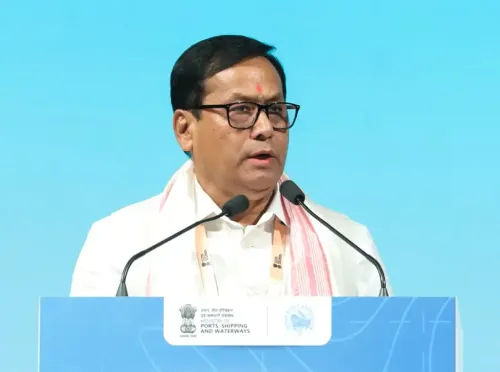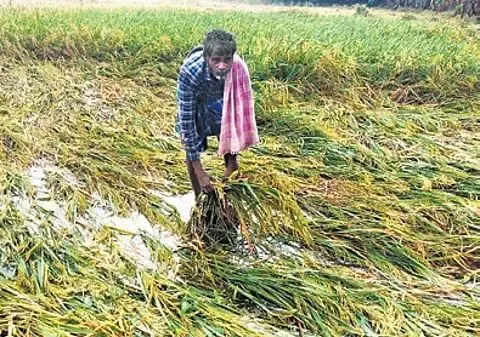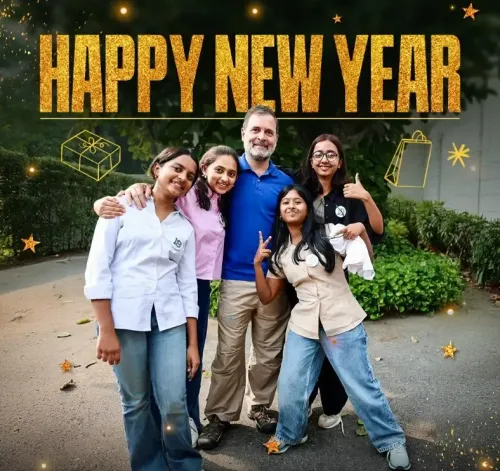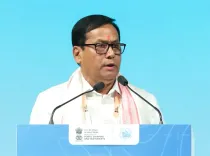Arunachal CM Empowers ACB to Combat Corruption
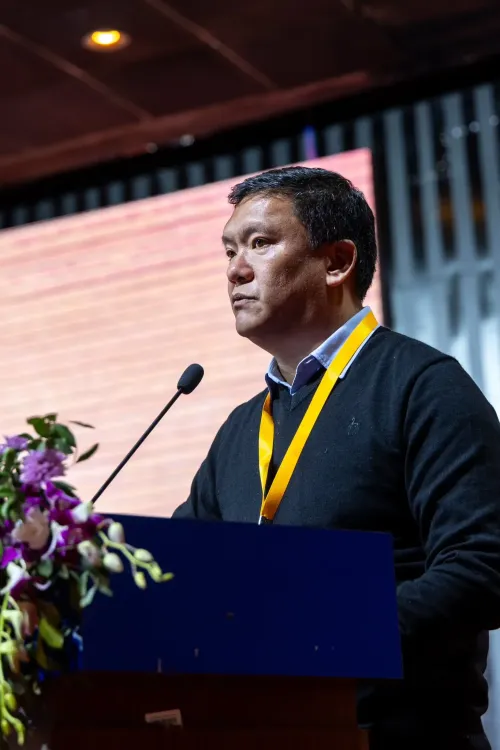
Synopsis
Key Takeaways
- Transformation of SIC to ACB enhances anti-corruption efforts.
- Corruption exists beyond government, affecting multiple sectors.
- AAPSU leaders urged to reform electoral processes.
- Khandu stresses the need for integrity among student organizations.
- Historical AAPSU role in addressing refugee issues.
Itanagar, March 8 (NationPress) Arunachal Pradesh Chief Minister Pema Khandu announced on Saturday that the state government has transformed the former Special Investigation Cell (SIC) into the Anti-Corruption Bureau (ACB), thereby enhancing its capacity to tackle corruption within the state government.
During the opening session of the Inter-Tribe Festival-2025, the Chief Minister highlighted that corruption extends beyond government and its employees and permeates several other sectors.
The festival is organized by the prominent Arunachal Pradesh Students’ Union (AAPSU), the leading student organization in the state. Khandu urged AAPSU leaders to reflect and implement reforms aimed at purging the election process of corruption.
Khandu described corruption as a significant obstacle to the effective operation of both government and any organization. He emphasized that in alignment with the state government’s pledge to combat corruption through initiatives such as the establishment of the State Selection Board and revamping of the State Public Service Commission, AAPSU must introduce measures to eliminate the ‘money factor’ in its electoral process.
“It is widely acknowledged that substantial sums of money change hands during elections of student organizations. AAPSU must set an example by curbing this corrupt practice for a brighter future for the youth,” he stated. The Chief Minister also called on AAPSU leaders to contemplate their future beyond AAPSU.
“Indeed, many former AAPSU leaders have ventured into politics and held positions as ministers and MLAs. However, has any student leader successfully entered civil services at both central and state levels?” he queried.
Khandu suggested that active student leaders should also focus on their studies and set a precedent by passing examinations conducted by UPSC and APPSC, which he believes would inspire countless youths who are engaged in student organizations.
Paying tribute to all former AAPSU leaders, particularly the founding president and secretary, he noted that AAPSU was established in 1972 with the primary goal of addressing the Chakma-Hajong refugee issue.
“AAPSU has been advocating against the permanent residency of Chakmas and Hajongs in Arunachal Pradesh since its inception 53 years ago. But where do we stand today? Is the matter resolved?” Khandu questioned.
He affirmed that both the current state and central governments are poised to provide a definitive resolution to the refugee issue. While maintaining that granting permanent residency to refugees in the state is out of consideration, he reassured that the state government is diligently engaging with the central Home Ministry regarding this matter.
“We are optimistic about achieving a permanent resolution sooner rather than later,” he added.
Congratulating the current AAPSU team for successfully organizing the festival with participants from across the state, Khandu expressed admiration for Arunachal’s rich cultural diversity.
“If each of the 26 major tribes and over a hundred subtribes were to perform on this stage, three days would be insufficient,” he noted.



